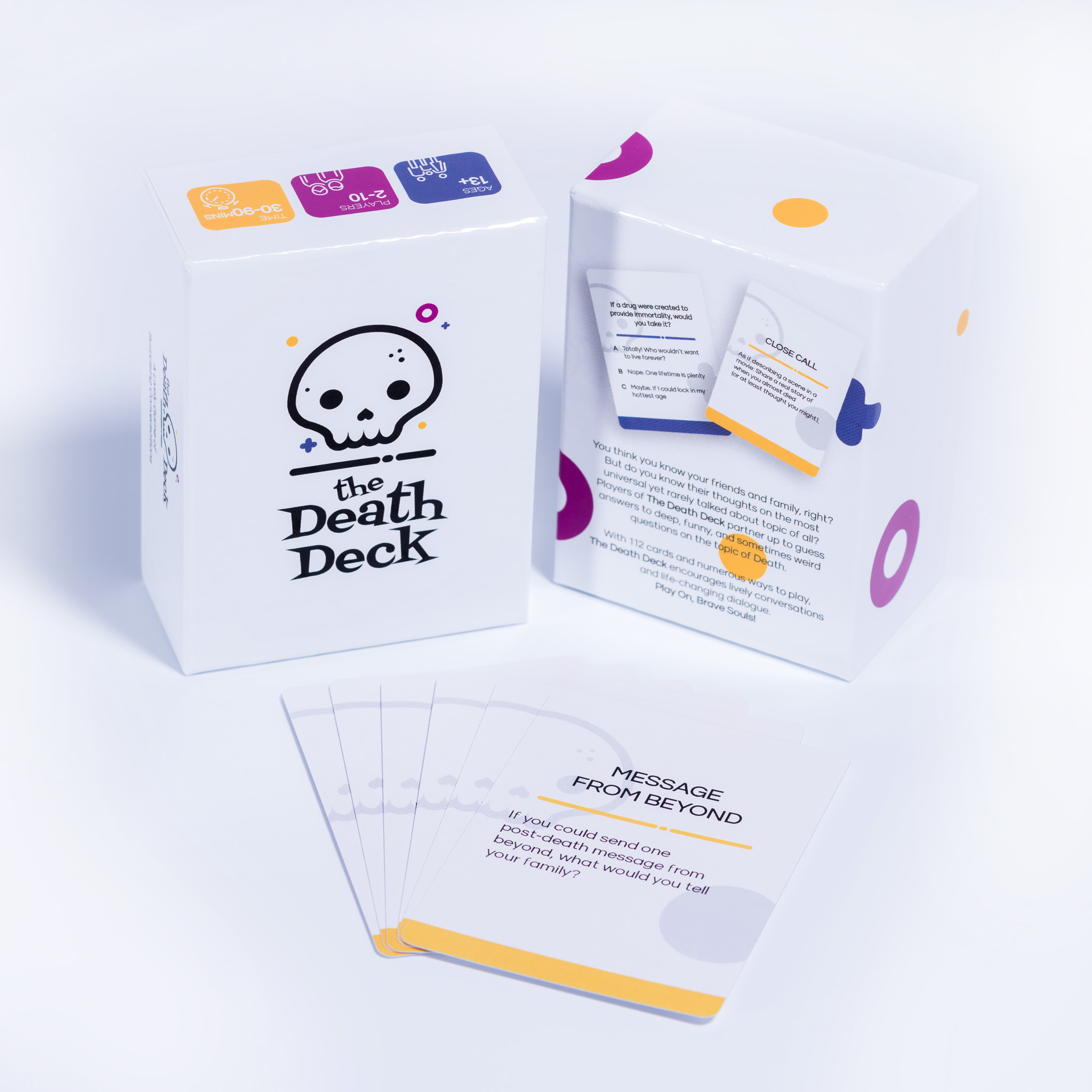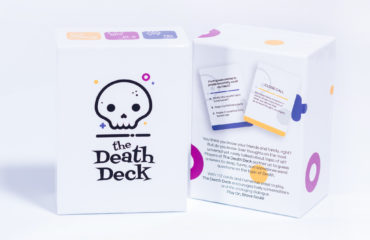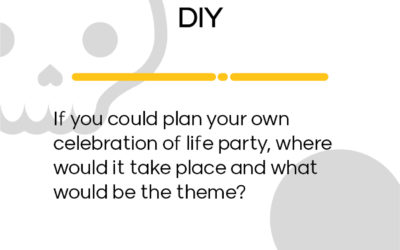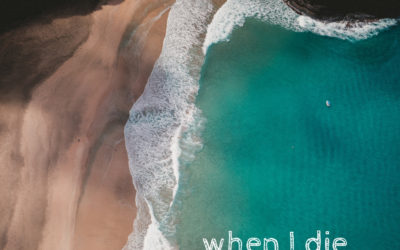Two months before my husband died, I found myself in the very uncomfortable position of asking some extremely difficult questions.
To better explain, here’s an excerpt from my upcoming memoir, Clouds Far Behind Me:
Joe had held tightly to his hope and mantra “This is not going to get me.” Watching his incredible strength taught me lessons on courage and encouraged me to do everything humanly possible to figure out the best care and treatments and keep hope alive. I whole-heartedly believed his mantra and chased the naysayers of hope away. Until, in the stillness of the morning ten months into his battle, after witnessing a near-fatal cardiac attack in the chemo ward, I had arrived at the point where I had to accept that my husband was very possibly going to die.
I remember the day I sat him down on the living room couch, seizing upon a rare but lucid moment between his sugar-loaded, opiate-laced lollipops to open the dialogue.
“We need to talk,” I said, starting the unwanted conversation, hoping to set the tone as we did with receiving the original diagnosis: Business first, emotions later.
“We need to write a few things down about the ‘What if’s.’” His gaze shifted from me to the carpet.
“What if you do die? Whether it’s eight months or eighteen years from now. What would you want as your final wishes?”
He paused long enough to indicate I had caught him off guard but not long enough to hide the fact that he had already put some thoughts into his answer.
Matter-of-factly, he stated, “I would want a celebration and not a typical funeral. Not sure if here or in Hawaii. Probably easier here. A lot of food – not catered – but everyone would bring something they prepared to share. I would want a slideshow with music containing pictures of our life together, starting from when I was very little. Maybe a minister or priest or Dad and all my siblings to do the eulogy. People to dress colorfully, not in black, and talk about favorite memories. Colorful flowers and videotaped for the kids to see later.” He paused again, staring off as if watching this scene play out as a movie in his head.
“Yard, site or church?” I gently pushed for details.
“After the celebration, people would come to the house.” He swiftly ignored my question and continued. “And I guess I would want to be cremated and the ashes spread in the sea in Kauai or Hawaii near guava trees.” He started fidgeting with the wrapper of his next Fentanyl pop. This would be the stopping point of our first, last and only conversation on the topic.
I felt grateful we had planned ahead with a will and life insurance policy but foolish for never addressing the important end of life questions.
Having had that last piece of the puzzle already completed would have been helpful in so many ways. Discussing and trying to write it down when you are forced to can really suck.
I had learned the hard way.
My hope is that YOU don’t have to learn the hard way.
The Death Deck — developed with Lisa Pahl, LCSW (who was Joe’s hospice social worker…and my saving grace) — aims to begin these conversations earlier when people are not facing severe illness. Working in both the ER and hospice, Lisa witnesses countless family members struggling with making decisions at end of life.
“It’s an excruciating time to be making these seemingly impossible decisions. So often people say, We’ve never talked about it. Even when people have an Advance Healthcare Directive in place, the family members often haven’t discussed what their instructions mean.”
By playing The Death Deck, friends and family members can share thoughts, stories, and preferences on end of life choices in a non-threatening and surprisingly fun way. We hope that by having these conversations within the game, family members will continue the discussion, complete important documents, and be more prepared for when the inevitable arrives — instead of finding themselves in a similarly uncomfortable position like mine.

For more information, visit our website at:
www.thedeathdeck.com






Hi Lori,
I really appreciated this explanation, since some people need to understand the motivation for this “game”. It takes the “morbidity” out of the title. How is the launch going? Thinking of you and sending positive thoughts. Barbara
You are amazing Lori! Thinking of you always and going to get this for my family.